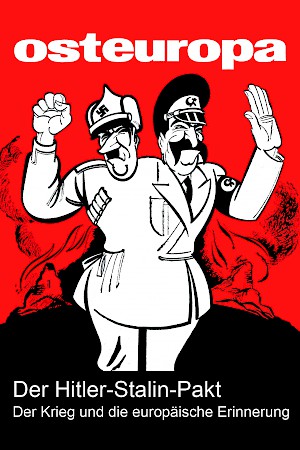Down a Blind Alley
The Soviet Union and the Molotov-Ribbentrop Pact
Deutsche Fassung
Abstract
The Munich Agreement of 1938 showed how isolated the Soviet Union was. In order to regain freedom of manoeuvre on the world stage, Stalin pinned his hopes on the common ground between Soviet Russia and Nazi Germany. Efforts to achieve a rapprochement in economics and trade failed. Although the Nazi regime needed raw materials to prepare for war, Hitler did not seek any kind of long-term rapprochement with the Soviet Union. Stalin was counting on an “imperialist war” between Germany and the Western powers and tried to prevent the Soviet Union from sliding into war on the side of the lat-ter. The agreement with Nazi Germany came to have priority. The Molotov-Ribbentrop pact guaranteed spheres of influence and expansion in the realm of foreign policy, something the Soviet Union never would have received from the Western powers. But Hitler’s main foreign policy goal, the conquest of the Soviet Union, remained in place beyond the Treaty of Non-aggression. Stalin drove his country down a blind alley of his own making.
(Osteuropa 7-8/2009, pp. 75–96)



